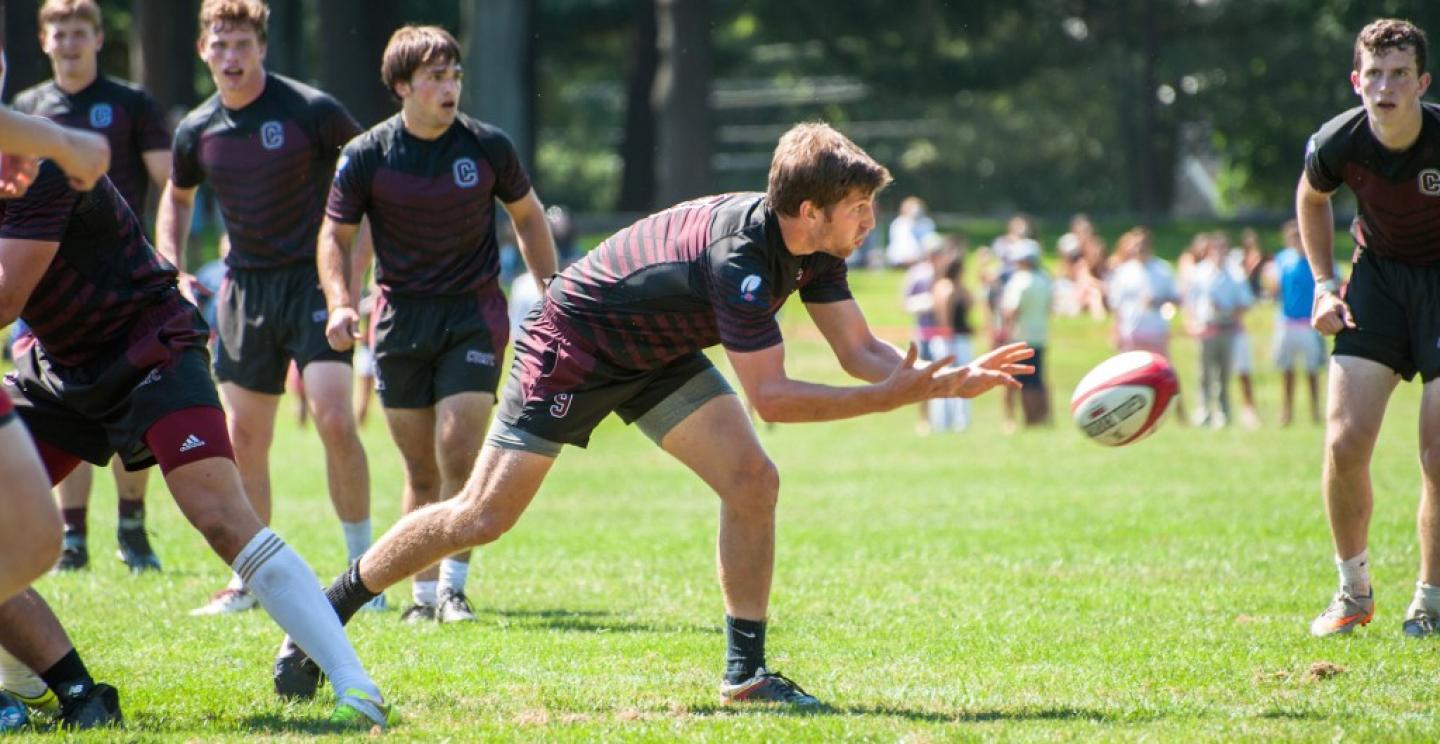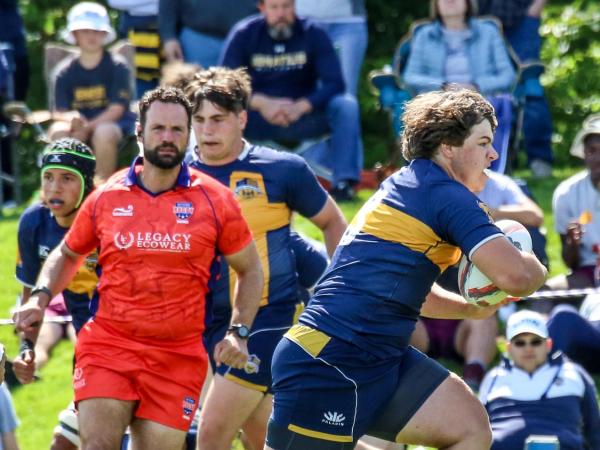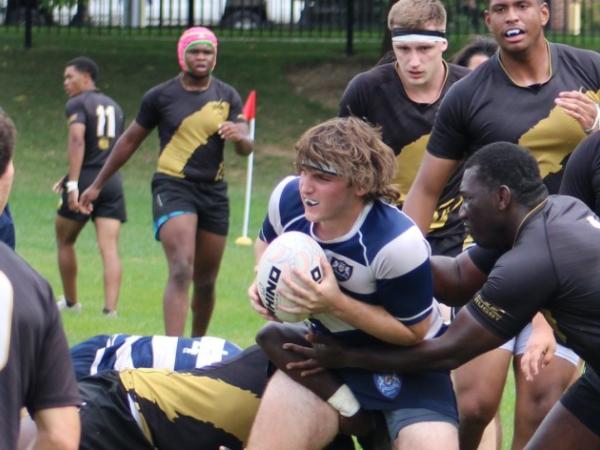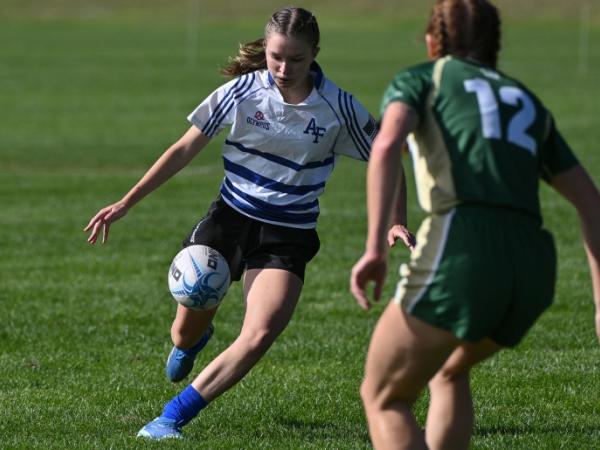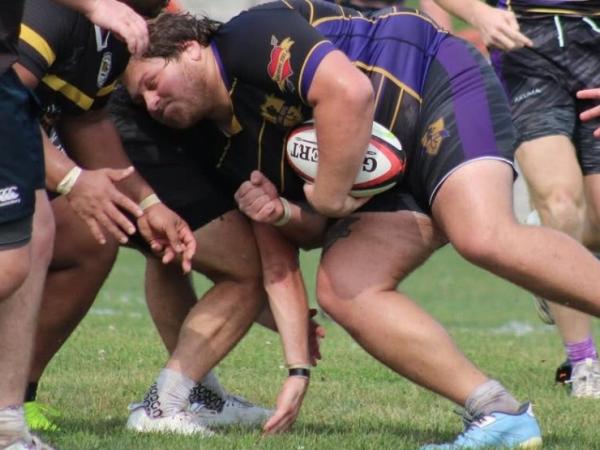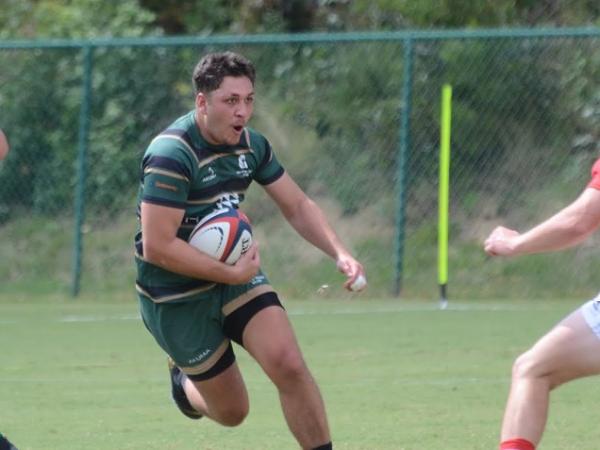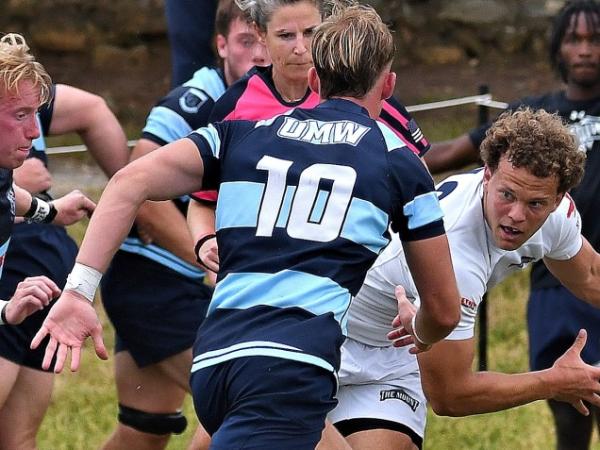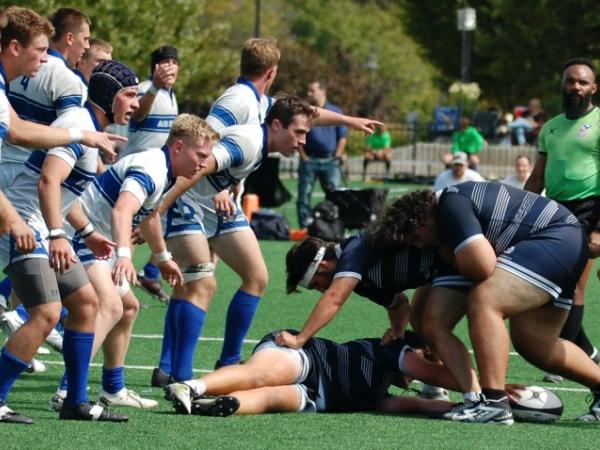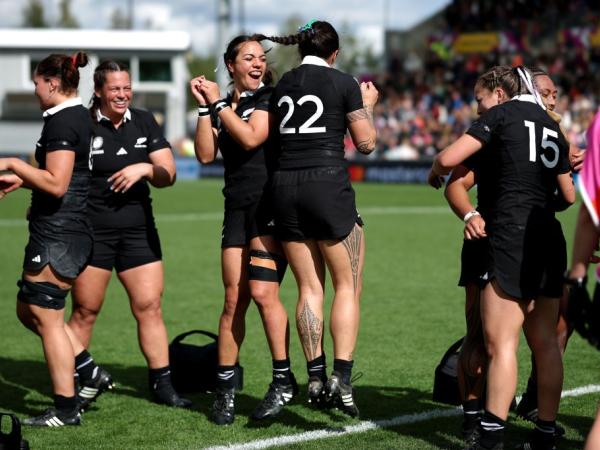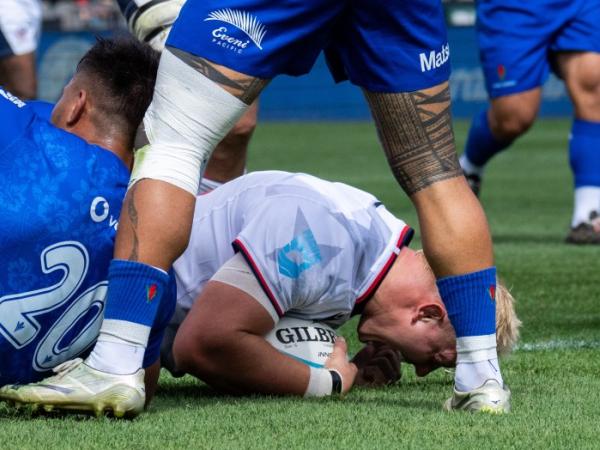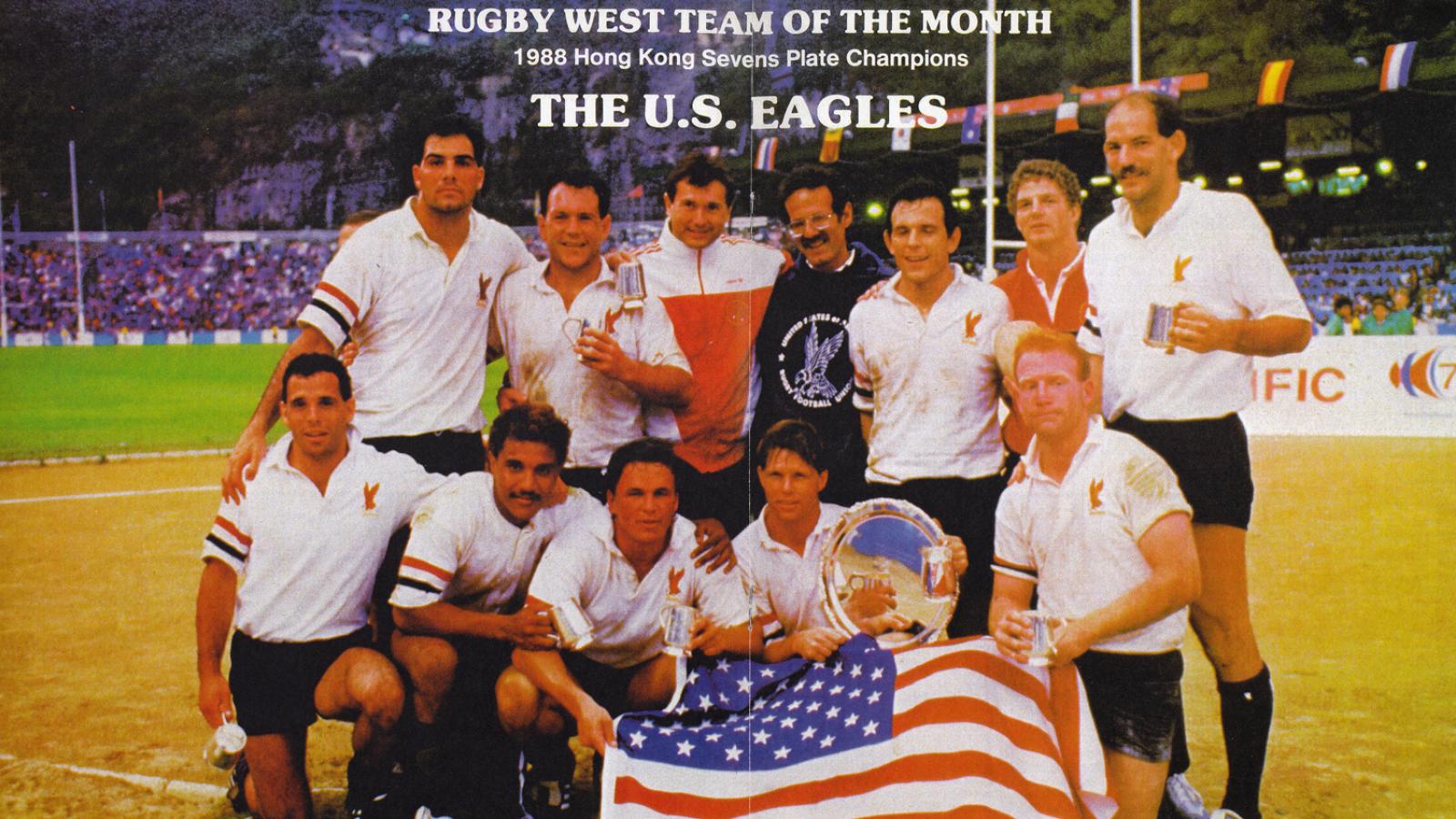The US Collegiate Rugby Organization held a conference call the night of Wednesday (April 8) to map out a plan for a new college rugby group.
Pitched by Colgate University Rugby Head Coach David Chapman, USCRO is designed specifically around when the season is played. There remains a fundamental disagreement between teams in the Northeast (and parts of the Mid-Atlantic) on one side, and teams on the West Coast and the South on the other. The warmer states teams, like to playing in the winter and spring. The colder-weather teams want to play 15s in the fall, and play 7s in the spring.
Watch Past Episodes Of This Week In College Rugby
So USCRO is looking to bring schools that are, for the most part, similar in size and academic focus. They want to play tough, competitive rugby, but they want to do it on their terms.
Chapman outlined a plan to have a 15s season in the fall with a playoff system that also incorporates a Bowl Series. The idea around the bowl games is to provide all teams with a season-capping game regardless of whether they are playoff-bound or not.
RuggaMatrix America: College Rugby's Next Steps
In the winter/spring, USCRO will put together a specific series of 7s tournaments, leaving weekends open for colleges to play other tournaments if they want. And that would culminate in the ECAC 7s Championship in early May. Chapman said the season is designed to follow the academic calendar, and not have teams hanging on past the end of classes to play 7s.
The ECAC 7s was set to be held this spring before the COVID-19 shutdown. The ECAC runs competitions in collegiate E-sports, but has expanded into rugby.
USCRO will charge the same dues that D1A charges, about $2,500, and will use that money for referees, to set up the playoffs and bowl series. and to work on a broadcast deal.
But this is mostly driven by the disagreements within the college game over seasonality.
Most of the Liberty Conference in D1A are thought to be moving to USCRO. Other teams are in talks, but have not been confirmed. Some of the teams will be from conferences outside of D1A. But it's not an en-masse shift. Some other teams are looking for another option.
College Rugby Association Of America Releases Statement
If this catches wind in its sales, USCRO would join NCRO (National College Rugby Organization), NIRA (National Intercollegiate Rugby Association), and Collegiate Rugby Association of America. Here's how it looks to be organized at present:
NCRO: Small College teams, with expanding into other college teams, especially DII. NCRO will run its own insurance plans and own player registration system. NSCRO teams play a 15s season in the fall or the spring, depending on location, and final four is in the spring. Sevens, also, is in the spring.
NSCRO Announces Major Steps Toward Self Determination
CRAA: Started by D1A and mostly D1A at the moment, CRAA is a 501c3 organization that will work in conjunction with the USA Rugby membership and insurance system (unless it craters). The D1A conferences which remain for 2020-2021 (it will be fewer than the 68 for 2019-2020) will operate through CRAA. The D1 Elite women's competition, which is only four teams at the moment, is under this umbrella.
In addition, CRAA seems to be in talks with other groups, such as some DIAA conferences, to operate competitions for those groups as well.
CRAA has been working with NIRA and that relationship is expected to expand.
NIRA. The National Intercollegiate Rugby Association is the competition of NCAA-initiative women's programs. They have been operating their own competition for several years. All of the teams are NCAA teams.
NIRA is in talks with the CRAA on collaborating on sharing some resources and continuing to work together on initiatives such as the referee pipeline.
USCRO. A conglomeration of like-minded college teams who want to play under the same general rules and season format. Likely to be many of the LIberty Conference teams, plus some others, and likely to cover more than just D1.





